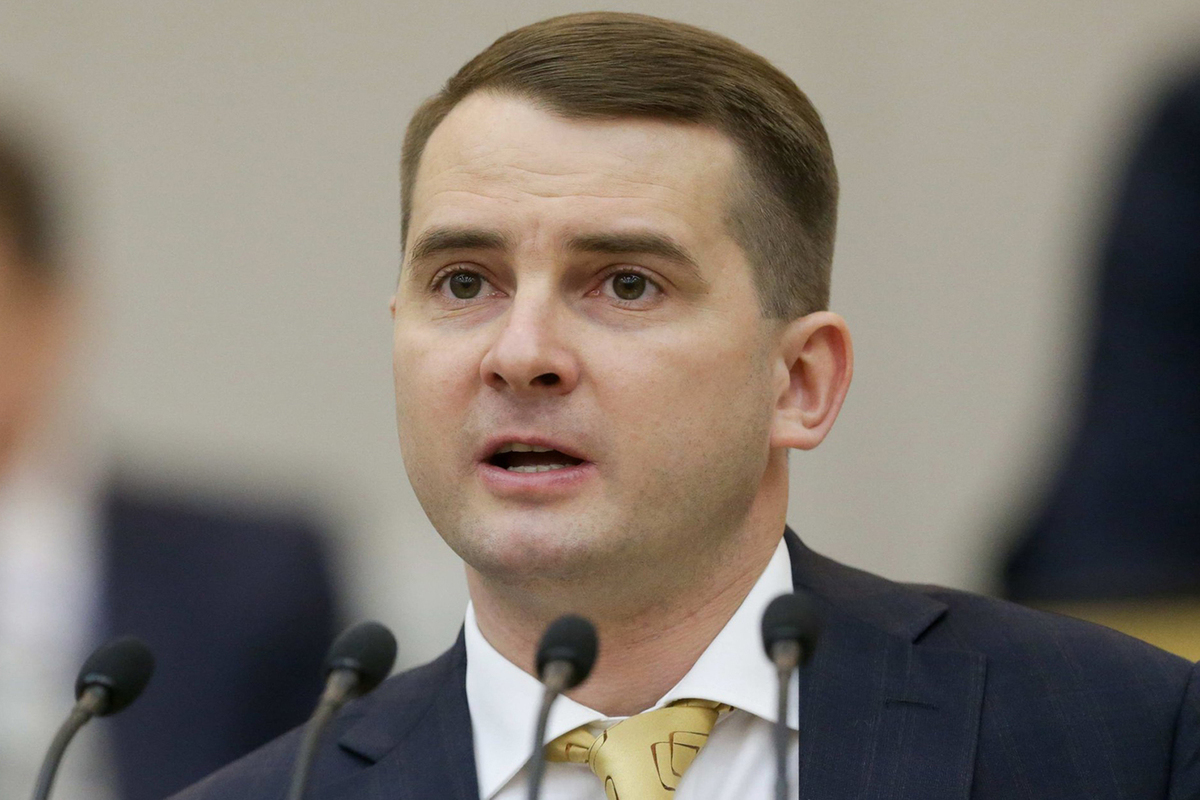Deputy Nilov named a way to smooth out regional differences in salaries
[ad_1]

In his opinion, the country will be saved by the sectoral wage system
According to Yaroslav Nilov, Chairman of the State Duma Committee on Labor, Social Policy and Veterans Affairs, measures taken during the coronavirus pandemic and after it led to a number of positive changes: the number of self-employed increased, the unemployment rate and the number of people living below the poverty line decreased. On the other hand, the state still cannot do without the labor of foreign citizens, there is a deficit in the field of housing and communal services and construction, and in the regions there are not enough doctors and teachers, since there are no incentive payments for them, and the wages are significantly lower in the localities than in the capital.
“It is impossible to compare the climatic conditions of the south and north, the cost of living in Moscow and regions remote from the center, but it is worth emphasizing that since 2020 the Government of the Russian Federation has the right to implement a system of sectoral wages. This format makes it possible to harmonize wages within one industry in different regions and makes transparent the principles of forming a remuneration system for social workers. However, we observe that the Government has not yet taken advantage of this right, therefore, it is necessary to legislate the department’s responsibility to fix the sectoral wage system,” said Yaroslav Nilov.
As the expert emphasized, there is another significant problem: citizens receive an amount below the minimum wage, minus income tax of 13%. In this regard, Nilov prepared and sent to the Government for an opinion a bill proposing the introduction of a progressive tax scale, which existed until the 2000s, and a differentiated rate as income grew.
“We need to support those who earn little by charging higher rates to those who earn a lot. A partially progressive tax scale will come closer to reality next year. A tax of 15% will be levied on those who earn above 5 million rubles per year. The money goes to the treatment of orphan diseases, which is an excellent option for implementing the “principle of fairness.” Separately, I note that in November last year the president signed a law increasing the minimum wage (minimum wage) by 18.5 percent. Minimum wages will increase to 19,242 rubles in 2024. The increase will be about three thousand rubles. The bill helps increase wages for about 4.8 million workers,” Nilov shared.
From the point of view of Yaroslav Nilov, Federal Law of December 12, 2023 N 565-FZ “On Employment of the Population in the Russian Federation” also guarantees additional rights and obligations to the regions. Among the incentive measures for the regions, the expert included a clear definition of the volume of unemployment benefits and other social payments, an emphasis on the development of employment centers that can organize training and improve the qualifications of specialists, bringing to uniformity the criteria for the need of the population, the principle of targeting social payments, and the implementation of the principle of “social treasury” » using the example of the work of the Defenders of the Fatherland Foundation, bringing training programs into line with market requirements.
“It is worth noting that modern, fashionable, beautiful employment centers, where you are analyzed not by a person, but by artificial intelligence, assesses your capabilities, answers to questions, analytical abilities, external data and offers adequate options for possible employment, can reduce the unemployment rate and the number of “ shadow”, not officially registered, unemployed. When you feel involved in an activity, it develops and increases your level of responsibility and self-discipline. In the regions, it is necessary to use the most modern technologies when it comes to career guidance: then our youth’s self-consciousness and subconscious work differently, everyone understands that looking for a job and getting a job in a profession is fashionable, creative and exciting,” the expert emphasized.
Yaroslav Nilov also emphasized the need to create a hybrid mechanism for registration, taxation and the formation of pension rights between self-employed and individual entrepreneurs. Currently, 3% of working citizens in Russia are self-employed.
“The self-employed regime was introduced in 2018 at the proposal of the Federal Tax Service. Their registration procedure is much simpler than that of individual entrepreneurs, the tax rate of 6% is identical, but the self-employed do not have full pension rights, so their status needs to be finalized and legislatively adjusted,” Nilov concluded.
[ad_2]
Source link






